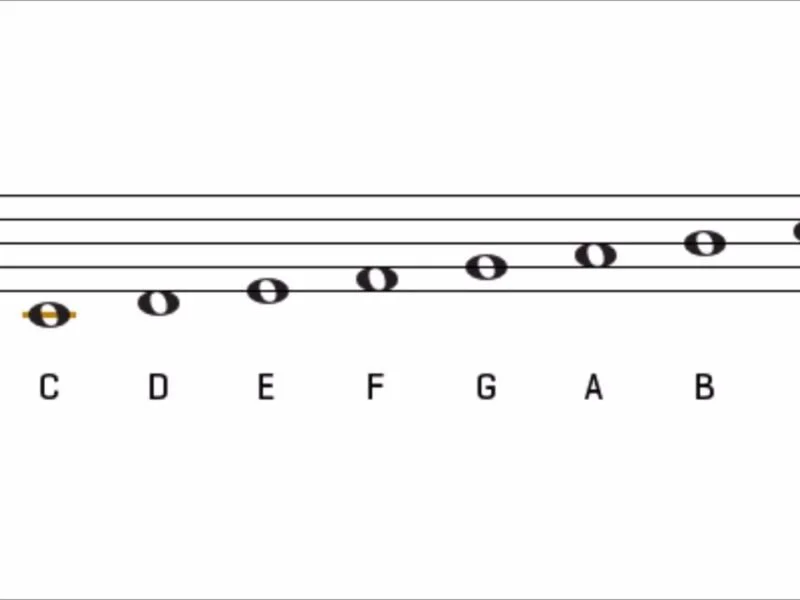Music Education Toolkit: The Importance of Scales in Learning the Piano
Learning to play the piano can be a challenging yet rewarding experience. One key aspect of mastering this musical instrument is understanding the importance of scales. In this article, we will explore why scales are crucial in the learning process and how they can benefit aspiring pianists.
The Significance of Scales
Scales are fundamental building blocks in music theory that provide a foundation for understanding key signatures, chords, and melody. By practicing scales regularly, pianists develop strong finger dexterity, hand coordination, and muscle memory. This not only improves technical skills but also enhances overall playing fluency and speed.
Enhancing Finger Dexterity
Playing scales on the piano involves moving each finger independently and precisely, which helps strengthen the muscles in the hands and fingers. This increased finger dexterity allows pianists to navigate the keys with greater ease and accuracy, ultimately leading to more polished performances.
Improving Hand Coordination
Mastering scales requires coordination between both hands, as different fingers are assigned to play specific notes simultaneously. This dual-hand coordination is a fundamental skill that is essential in playing more complex pieces and developing a well-rounded piano technique.
Building Muscle Memory
Practicing scales regularly helps pianists develop muscle memory, allowing them to play familiar patterns and sequences effortlessly. This muscle memory not only saves time during practice sessions but also enables performers to focus more on expression and interpretation while playing.
Understanding Key Signatures
Scales are closely tied to key signatures, as each scale corresponds to a specific key. By learning and practicing different scales, pianists become more familiar with the various key signatures and the unique characteristics of each key. This knowledge is essential for interpreting musical pieces accurately and effectively.
Enhancing Musicality
In addition to technical benefits, practicing scales also helps pianists develop a deeper understanding of musical structure, harmony, and phrasing. By incorporating scales into their daily practice routine, musicians can improve their overall musicality and expressiveness, leading to more engaging and dynamic performances.
Conclusion
In conclusion, scales play a crucial role in the learning process of the piano. They are not only essential for developing technical skills such as finger dexterity and hand coordination but also for enhancing musicality and expression. By incorporating scales into regular practice sessions, aspiring pianists can effectively improve their playing abilities and take their musical performance to the next level.


